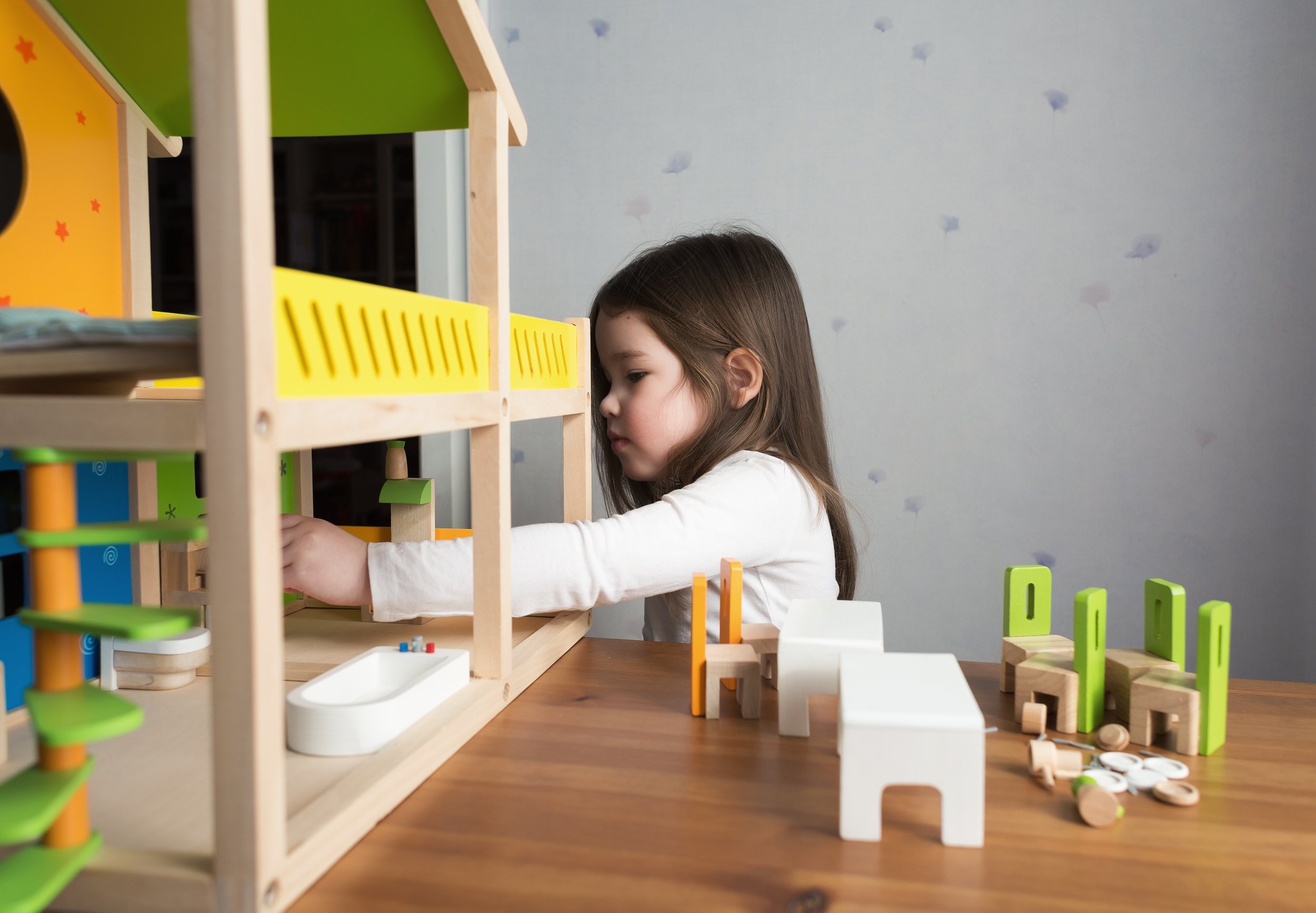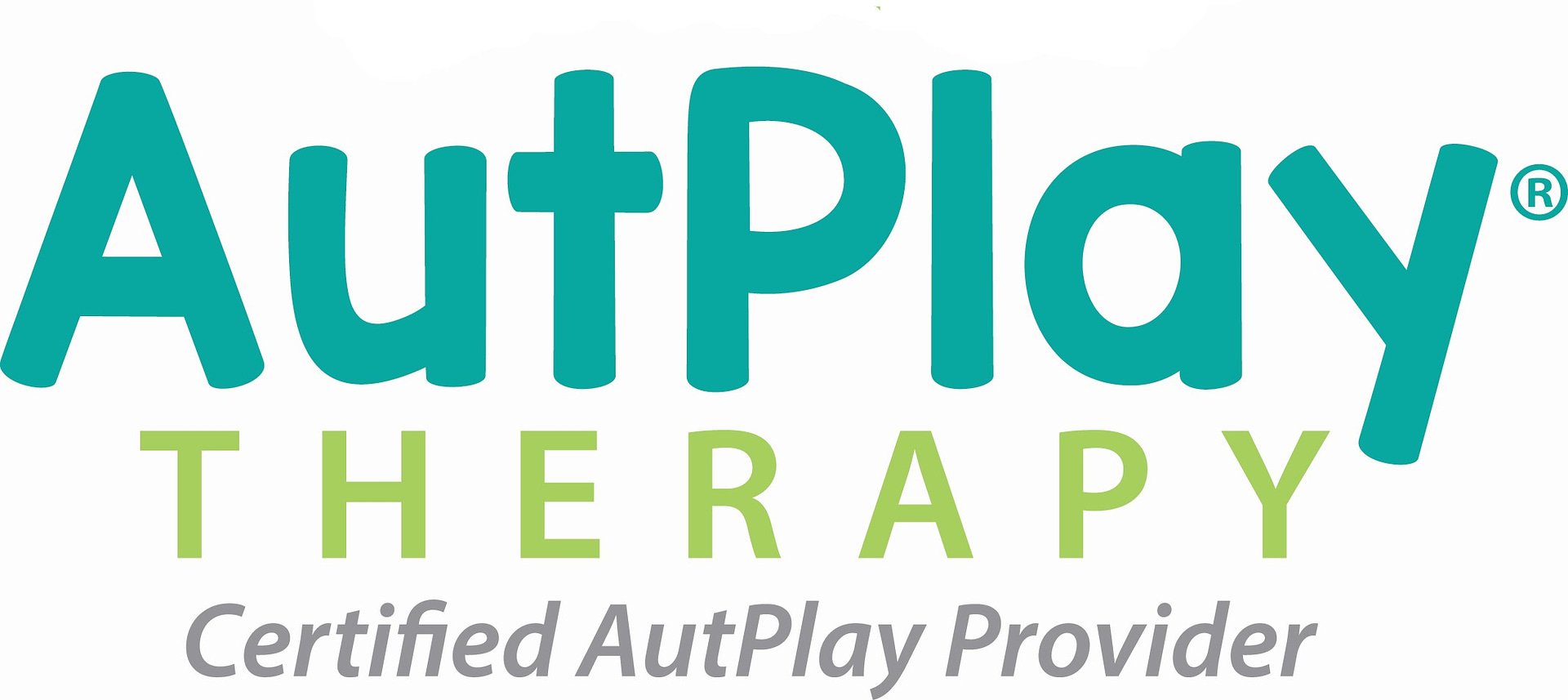
PLAY THERAPY
FOR CHILDREN
Play Therapy for Children
(Ages 3-12)
“The child standing before the therapist in the playroom is not a problem to be analyzed but a whole person to be related to and understood.”
— Garry Landreth
Play is your child’s natural language
Children express their thoughts, emotions, and experiences through play. While adults use language, children are still developing this ability.
Most adults are capable of sitting across from me and verbally sharing their thoughts and feelings. However, I wouldn't expect a child to do this, nor would I ask them to do this.
Instead, I provide a wide range of toys, games, art supplies, and other materials that encourage self-expression and creativity.
I engage children in non-directive and directive interventions, which helps them understand and process their feelings, develop problem-solving skills, and work through challenges.
So you may be wondering, Ok, can’t I just provide some toys for my child? Well you could, but there is more to it than just toys.
The therapeutic relationship
In order for your child to feel safe enough to express themselves through play, they must develop trust with me.
My skill set and strengths as a therapist help me to build this trust with your child. Parents have described me as gentle, patient, genuine, and accepting. I am able to attune with your child’s needs and create a safe environment. All of which creates a trusting relationship and encourages self-expression in your child.
I believe, in alignment with child-centered play therapy principles, that the relationship is the key to growth. I strive to build a strong therapeutic relationship with every child I work with.
How will all of this help my child?
The goals of utilizing play therapy vary depending on the child's needs but generally include fostering emotional and social development, improving self-esteem, enhancing communication skills, promoting problem-solving abilities, and increasing self-regulation and coping strategies.
Play therapy can be particularly beneficial for children who have experienced trauma, loss, abuse, or other emotional difficulties. It allows them to express and work through their experiences in a safe and supportive environment without relying solely on verbal communication.
It can also be helpful for children with behavioral issues, anxiety, depression, developmental delays, and various mental health conditions.
Areas of Speciality
-
ADHD
-
Autism
-
Gifted/2E
-
Highly Sensitive Children
-
Learning Differences
-
Anxiety
-
Grief & Loss
-
Adoption
-
Trauma
-
Life Transitions/Adjustments
-
School Issues
-
Behavioral Challenges
-
Self-esteem Challenges
-
Social Navigation Challenges
-
Parenting Education/Skills
If there is a challenge that you or your child is facing that is not listed above,
please contact me so that we can discuss further and determine the best plan of care or referral.
It would be an honor and privilege to work with you and your child.
Let us help.
Schedule a free phone consultation today.





